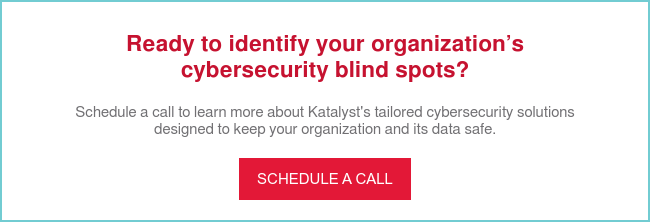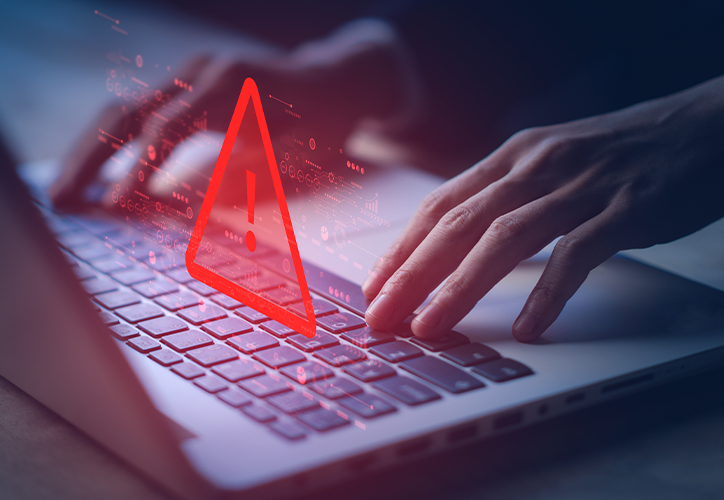Preparing for cyber threats
What are the current cyber threats, and how is your organization preparing for them?
Keeping your data and systems safe
The third step is to monitor and review your security measures constantly. Consider regularly testing your systems to make sure they are working correctly. And if there is ever a breach or symptoms, immediately take action to fix it. By taking these steps, you can be more confident that your data and systems are safe from unauthorized access or theft.
Additional areas for protection
Are there any specific areas of your business that you feel need additional protection (e.g., customer data, financial information, etc.)?
Most agree that the best way to protect your business is to stay ahead of the curve and be prepared for anything. As a business, you have a lot of valuable assets that need to be protected.
Customer data is typically at the top of that list, but financial information is a close second. Proactively managing and taking several steps to protect these areas can be challenging when new threats emerge.
In the past year, it's safe to say we've all seen an increase in cyber attacks. As a result, it's more important to always look for new ways to protect your data and your customer's information.
The importance of a disaster recovery plan
Can you provide an overview of your disaster recovery plan and what would happen if your network went down or you lost essential data files? No one likes to think about disasters, but they can happen anytime. That's why it's important to have a disaster recovery plan in place.
This plan should include steps to contain the breach, recover lost data, and prevent future attacks. Having a network designed to be highly resilient and having multiple backups of all critical data is vital. In a major outage, how quickly can you restore service?
By being prepared for the worst, you can ensure that your business can keep running even in the face of adversity.
Maintaining regular security evaluations
How often are you evaluating your cybersecurity posture and proactive measures, and what metrics do you use to gauge this process?
There's no need to check your cybersecurity posture more often than you check your oil level or tire pressure. Just like those car maintenance tasks, cybersecurity requires regular attention but doesn't need to be a daily worry.
The best way to maintain peace of mind is to establish a regular evaluation and audit schedule and to stay up-to-date on the latest threats and trends. Cybersecurity is an ever-evolving field, and what worked yesterday might not work today. Regularly testing your systems and processes can ensure that you're always one step ahead of the hackers.




